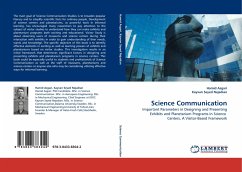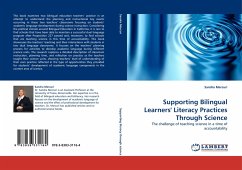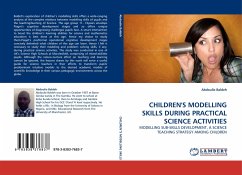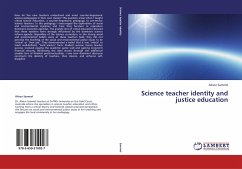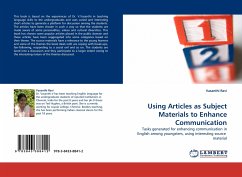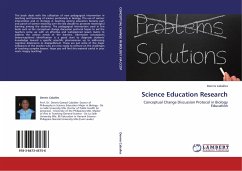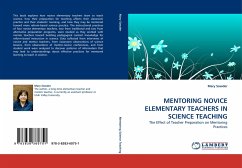The main goal of Science Communication Studies is to broaden popular literacy and to simplify scientific facts for ordinary people. Development of science centers and planetariums, as powerful tools in informal learning, has encouraged many researchers to pay attention to the subject of visitor studies to understand how they can make exhibits and planetarium programs both exciting and educational. Visitor Study is about observing users of museums and science centers during their interaction with exhibits in order to gain understanding of their needs, wants and knowledge. The specific objective of this book is to identify effective elements in exciting as well as learning powers of exhibits and planetariums based on visitor studies. This investigation results in an initial framework that determines significant factors in designing and presenting exhibits and planetarium programs in science centers. This book could be especially useful to students and professionals of Science Communication as well as the staff of museums, planetariums and science centers or anyone else who may be considering utilizing effective ways for informal learning.
Bitte wählen Sie Ihr Anliegen aus.
Rechnungen
Retourenschein anfordern
Bestellstatus
Storno

